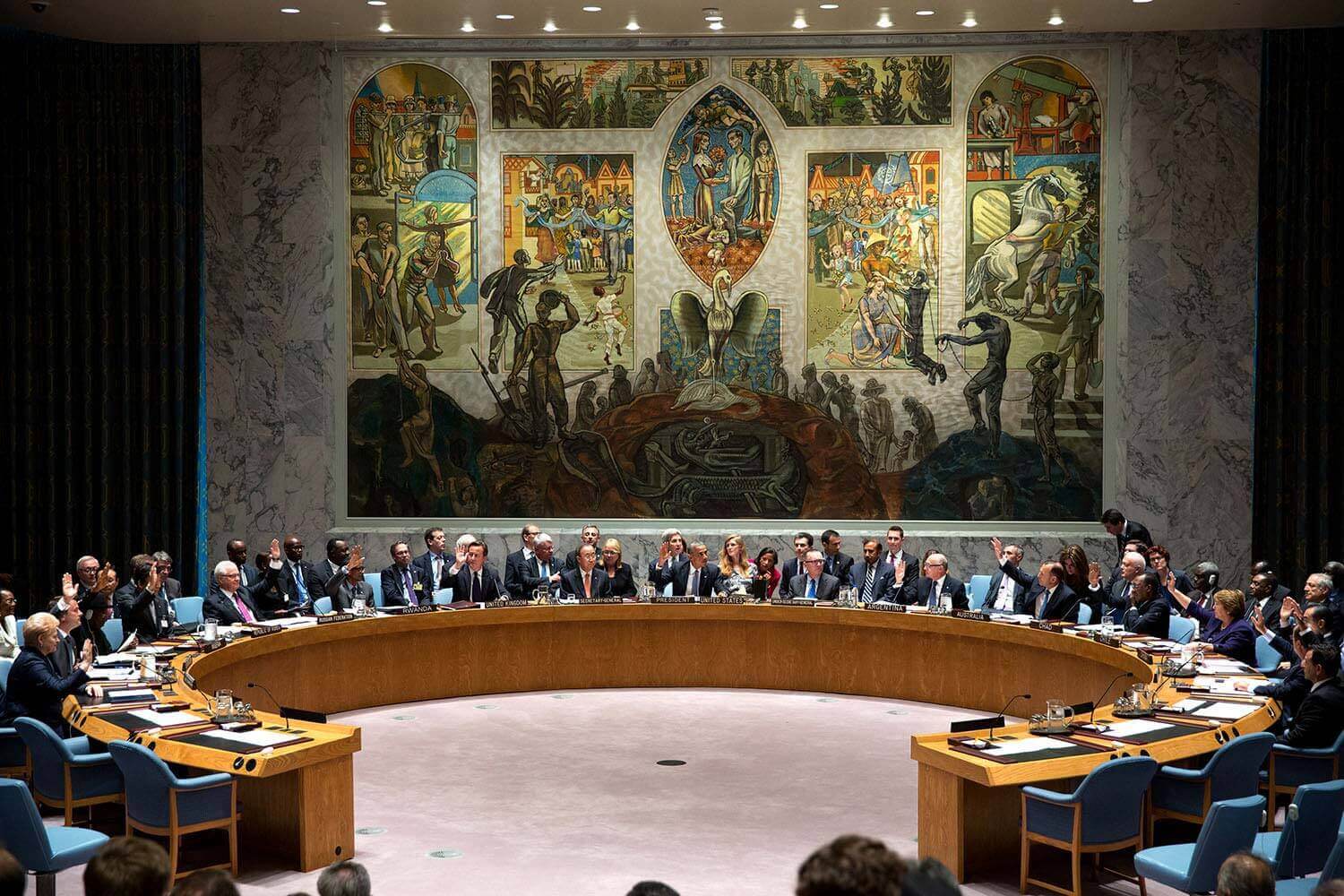Seven nations are vying for five United Nations Security Council (UNSC) seats for 2021 and 2022, with voting coming to a close today, June 17. While India and Mexico are running unopposed in the Asia-Pacific and the Latin America and Caribbean regions, respectively, the Africa and Western blocs are still undecided. Canada, Ireland, and Norway are tussling for the two seats in the Western bloc, while Kenya and Djibouti have locked horns for the one seat in the Africa bloc. In fact, the Africa bloc has stepped away from tradition and failed to decide a candidate amongst member states.
While Kenya holds the support of the African Union (AU), a continental intergovernmental organization comprised of 55 African states, Djibouti has sought to go it alone, arguing that Kenya’s application should be void based on the rotation principle, as it has already held a seat on the UNSC in the past–in 1977-1978 and 1997-1998. Although Djibouti did hold a seat from 1993-1994, its candidature is technically more legitimate, based on AU principles, given that Kenya held the seat more recently.
However, it is clear that this principle is not followed, as South Africa has held the UNSC seat three times in the past twelve years, while Nigeria won its bid in 2012 and 2014 as well. Thus, both countries are seeking to replace South Africa for the region’s one remaining seat at the Council. Niger and Tunisia were already seated as non-permanent members of the UNSC in January.
Both Kenya and Djibouti have sought to emphasize upon their message of peace in the Horn of Africa, highlighting their contributions to UN peacekeeping operations. Kenya has stressed upon the fact that it has welcomed refugees from Somalia and South Sudan and offered assistance to the two countries in strengthening their governance. On the other hand, Djibouti has underlined its strategic importance, seeing as it is a defense base for France, Italy, the United States (US), China, and Japan. In fact, Pentagon’s 2019 Indo-Pacific Strategy referred to Djibouti as the “single most consequential region for America’s future.”
During the AU secret ballot that preceded this battle, Kenya gathered 37 votes to Djibouti’s 13. However, Djibouti contends that the AU is not an “organ that is […] authorized” to hold the vote. The Djibouti Embassy in Nairobi said that “any decision made by an entity not competent to do so should be considered null and never be depended on, and is incapable of creating any law.” Kenya has said that Djibouti’s decision to continue running “brings dishonor and disrepute to the African Union.” However, Djibouti has countered that it is Africa’s ‘legitimate’ candidate, terming the AU’s decision-making process as ‘illegal’, as the AU has circumvented its own principle of rotation. Djibouti’s Permanent Representative to the UN, Mohamed Siad Doualeh, said, “Djibouti has never shown uncontrolled appetite. It has patiently waited its turn.” However, Kenya stood firm, saying that the AU’s “endorsement was final and not subject to review” as it had “unequivocally affirmed the decision to endorse Kenya.”
The battle also has undertones of the conflict between the global east and the global west, wherein China and Russia back Djibouti, while the US, France, and the United Kingdom (UK) stand behind Kenya. In 2017, China inaugurated its first overseas military base in Djibouti, joining the US, France, Italy, and Japan. Chinese investment has also led to infrastructural and commercial growth, and Djibouti is now heavily indebted to China. At the same time, it has brought about tensions between the Anglophone and Francophone countries of Africa. If Djibouti were to secure the seat, then all three of Africa’s members at the UNSC would be French-speaking countries, alongside Tunisia and Niger.
Successful appointment to the UNSC requires two-thirds of the votes of the UN General Assembly (UNGA). Thus, Kenya and Djibouti would require at least 129 votes to win. Regardless of which of the two countries win, however, Africa has signaled its intent to use its seats at the UNSC to push for a UN inquiry into “systemic racism, alleged violations of international human rights law and abuses against Africans and of people of African descent in the United States” and elsewhere, amid worldwide protests against racism against Black people.
In fact, African nations have already submitted a draft resolution that is now being discussed by the UN Human Rights Council. The draft resolution condemns “racial discriminatory and violent practices perpetrated by law enforcement agencies against Africans and people of African descent and structural racism endemic to the criminal justice system, in the United States of America and other parts of the world.” Therefore, it calls for the creation of an independent international commission of inquiry (COI), which has been used to investigate crises like the Syrian conflict in the past.
Kenya and Djibouti Tussle for African Bloc’s Seat at the UNSC
The African Union supports Kenya, however, Djibouti has called the AU incompetent.
June 17, 2020

IMAGE SOURCE: UN PHOTO
